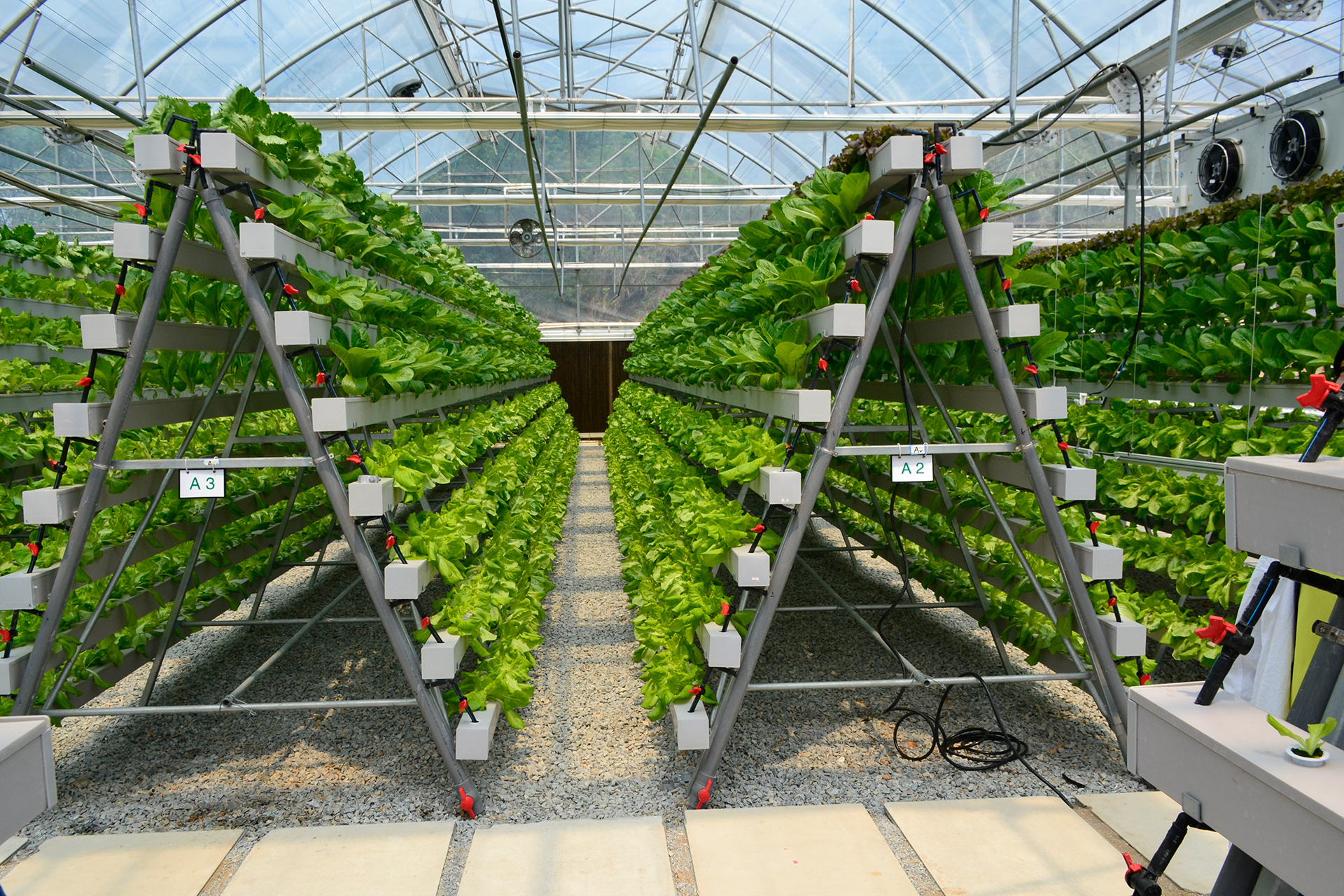Maximizing Agricultural Efficiency with Aluminum Frame Greenhouses
Release time:
Apr 16,2025
Aluminum frame greenhouses have emerged as a popular choice for modern agricultural practices, particularly in facility agriculture. These structures offer a versatile and efficient way to cultivate plants, vegetables, and fruits, providing a controlled environment that extends the growing season and enhances crop yields. Here’s a deeper look into the advantages and considerations of aluminum frame greenhouses.
One of the primary benefits of aluminum frame greenhouses is their durability and lightweight nature. Aluminum is resistant to corrosion, which is crucial for maintaining the integrity of a greenhouse exposed to various environmental conditions. Unlike traditional wood or steel frames, aluminum does not warp or decay over time, ensuring that the structure remains strong and reliable throughout its lifespan. This longevity translates into lower maintenance costs and fewer replacements, making aluminum greenhouses a cost-effective solution for agricultural professionals.
Additionally, the lightweight nature of aluminum allows for easier installation and mobility. Many agricultural operators may need to relocate greenhouses based on seasonal changes or crop rotation strategies. Aluminum frames facilitate this adaptability without compromising structural integrity. Furthermore, their modular design means that growers can easily expand their greenhouse operations as needed, accommodating more plants or different species.
The thermal performance of aluminum frame greenhouses is another critical factor that enhances their appeal. These greenhouses can be equipped with advanced glazing materials that optimize light transmission while providing excellent insulation. This combination ensures that crops receive the maximum amount of sunlight necessary for photosynthesis while maintaining a stable internal temperature. By effectively managing heat, aluminum greenhouses can reduce energy costs for heating and cooling, promoting a more sustainable agricultural practice.
Moreover, the design flexibility of aluminum frame greenhouses allows for the incorporation of various technologies and systems. Growers can integrate climate control systems, automated irrigation solutions, and even hydroponic setups to maximize efficiency and productivity. This adaptability can significantly influence the quality and quantity of produce, meeting the increasing demand for fresh and locally sourced food.
Aluminum frame greenhouses stand out as a strategic investment for agricultural professionals seeking to optimize their production capabilities. Their durability, lightweight design, thermal efficiency, and adaptability make them an ideal choice for enhancing facility agriculture. As the agricultural industry continues to evolve, embracing innovative solutions like aluminum frame greenhouses will help ensure sustainability and success in crop management.
Related Information
AI+ Agriculture: Discuss its present, challenges and future
Jun 18,2024
Causes and solutions of strawberry albino fruit
Jun 18,2024
Smart Greenhouse Global Opportunity Analysis and Industry, 2020-2027
Jun 18,2024
Industry Information

